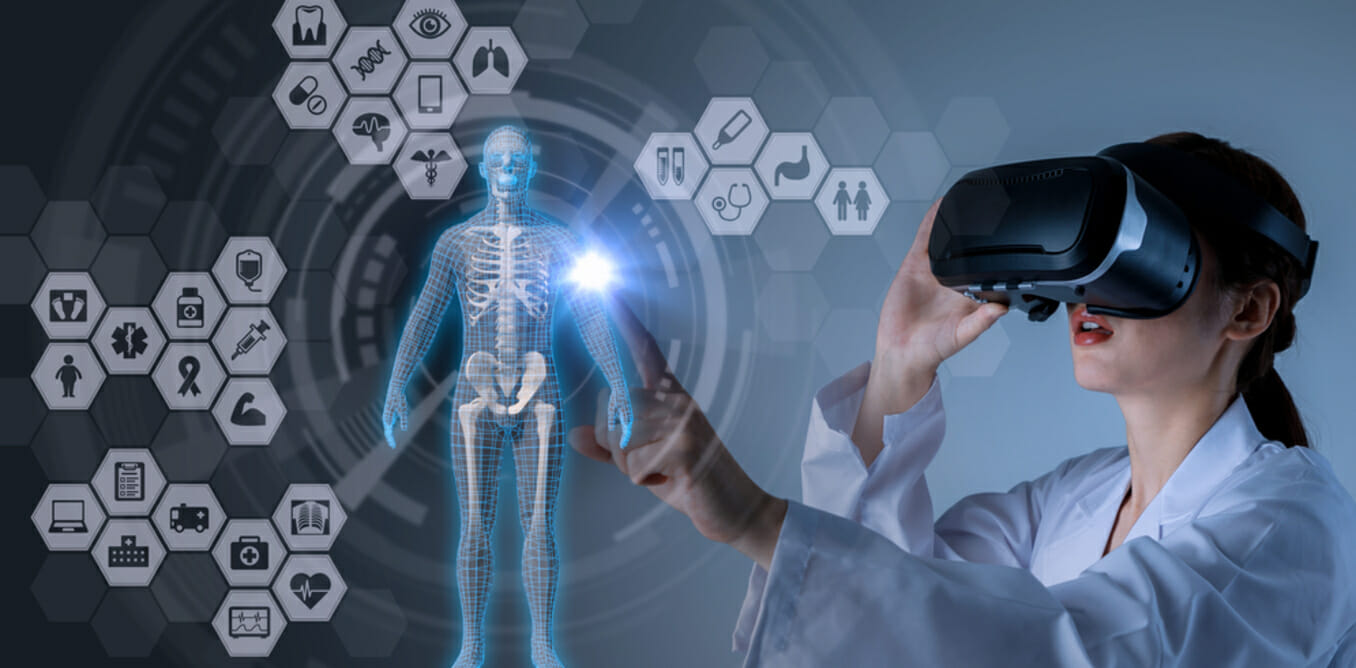AZG News Hub
Your go-to source for the latest news and informative articles.
Reality Check: Why Virtual Reality Is More Than Just a Game
Discover how virtual reality is reshaping experiences beyond gaming—explore its impact on education, therapy, and our everyday lives!
Exploring the Real-World Applications of Virtual Reality Beyond Gaming
While many associate virtual reality (VR) primarily with the gaming industry, its applications extend far beyond the realm of entertainment. In sectors such as education, VR offers immersive learning experiences that engage students in ways traditional methods cannot. For instance, medical students can practice surgical techniques in a safe, controlled environment without the risks associated with real-life procedures. Moreover, VR can facilitate virtual field trips, allowing students to explore historical sites, ecosystems, or even outer space, broadening their understanding of the world through a first-hand experience.
In addition, the use of virtual reality technology has proven invaluable in mental health treatments. Therapists utilize VR to help patients confront their fears in a safe space, gradually guiding them through exposure therapy. This technique has shown great promise in treating conditions such as PTSD and phobias. Furthermore, industries like real estate and architecture are employing VR to showcase properties and designs, allowing clients to experience spaces before they are built. The versatility of VR continues to pave the way for innovative solutions across various fields, demonstrating its potential to enhance our everyday lives.

How Virtual Reality is Revolutionizing Education and Training
Virtual Reality (VR) is transforming education and training by providing immersive learning experiences that engage students like never before. This innovative technology allows learners to step into virtual environments where they can interact with 3D models, conduct experiments, and practice real-world scenarios in a safe space. With VR, educators can create simulations that enhance understanding and retention of complex subjects, making learning not just more effective, but also more enjoyable. For instance, medical students can practice surgeries or anatomy lessons using VR, while engineering students can explore design concepts in 3D, thereby bridging the gap between theory and practice.
Moreover, VR is not just confined to the traditional classroom; it also plays a significant role in professional training across various industries. Companies are utilizing virtual training modules to prepare employees for high-stakes environments, such as fire safety training or machinery operation, where mistakes can have serious consequences. According to studies, VR training can lead to higher retention rates and increased confidence among trainees. As organizations continue to embrace this technology, the potential for VR to revolutionize employee training is boundless, paving the way for a new era of learning that is as engaging as it is effective.
Is Virtual Reality the Future of Social Interaction?
The rapid evolution of technology has led many to question whether virtual reality (VR) will redefine the way we engage in social interactions. Unlike traditional online platforms, VR immerses users in a three-dimensional environment that allows for a more visceral experience. As people increasingly seek authentic connections, the ability to meet and interact with others in a virtual space may foster deeper social bonds. Imagine attending a concert or a networking event without leaving your home; this innovation could lead to a paradigm shift in how we connect socially.
Moreover, the potential of virtual reality extends beyond mere entertainment. It can revolutionize various fields, from education to therapy, creating opportunities for people to connect with one another in ways that were previously unimaginable. For instance, VR can offer a safe space for individuals to confront social anxieties and build confidence through real-time interactions in an immersive setting. As this technology becomes more accessible and integrated into our lives, it is likely that VR will play an increasingly significant role in shaping the future of social interaction.